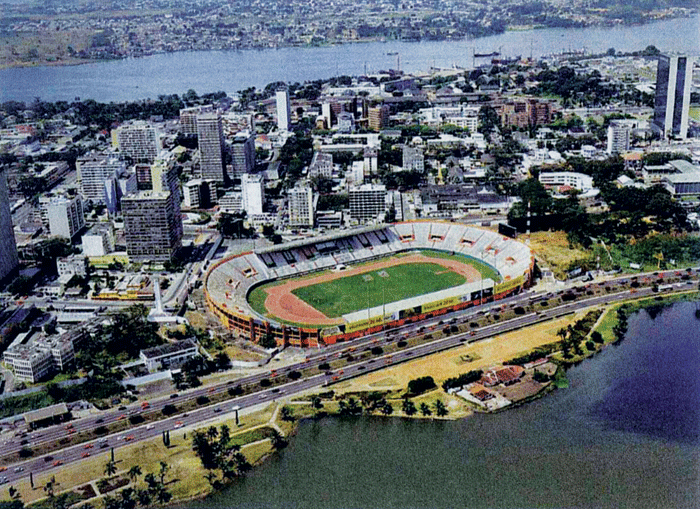Real Estate: Foreign developers show strong interest
A HOME FOR ALL
The estimated shortage of housing units in Cote d’Ivoire is put at 20,000 a year, half of which is in Abidjan alone.
Housing for low-income households, especially young people between the ages of 25 and 40, is a priority for the government, which has decided to build 60,000 subsidized units by 2015.
They accounted for 428 billion FCFA ($856 million) in the list of PPP (Public Private Partnership) projects presented to the Lenders’ Collective in December 2011. In addition, a 100-billion-FCFA ($200 million) programme aims to build 5,000 housing units for police officers, gendarme and the Republican Forces of Cote d’Ivoire.

Housing applicants must be Ivorian citizens whose total household in come is under 400,000 FCFA. They cannot own or co-own property in Cote d’Ivoire. They must be taxpayers with no arrears and have a bank account. The pre-registration drive launched on 28 March 2013 saw 20,400 households apply in just three months; they had down payments ranging between 10% and 70% of the housing unit’s purchase price. By April, the Ministry of Construction, Sanitation and Urban Planning had already seen interest from 30 variously sized real estate development companies and 225 construction businesses and building contractors.
INTEREST FROM MANY FOREIGN PLAYERS
By emphasizing the seriousness of transactions and its determination to solve the housing crisis, Cote d’Ivoire has laid the groundwork for a buoyant housing market attracting a significant number of new partners, starting with Addoha, the Moroccan leader, which has committed to 2.600 units; the US African Business Development Group (ABD), which will invest $52 million in the construction of 3,000 subsidized units; and China’s Henan Guoji Construction Group, which plans to invest $1 billion and build 10,000 units by 2015. They are all betting that the building boom will have a snowball effect on high-end housing, malls and office buildings
BANKS: PLAYING THE GAME
Improvements on real estate development are also likely. Certain innovations that have proven effective in other countries might be adapted in Cote d’Ivoire, for example Morocco’s “one-stop window”, which allows buyers to take care of all the formalities involved in purchasing a home (banks, administration, etc.) in a single place. The government and Ivorian banks are gradually setting up a partnership based on new concepts of financial mechanisms to achieve that goal.

